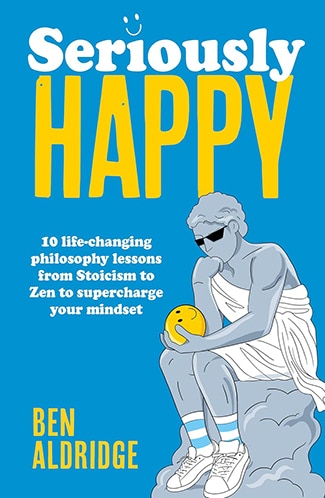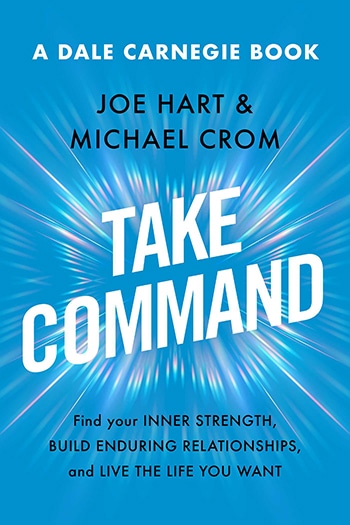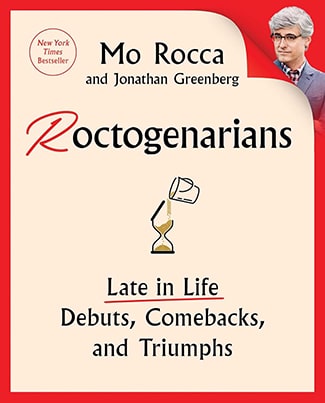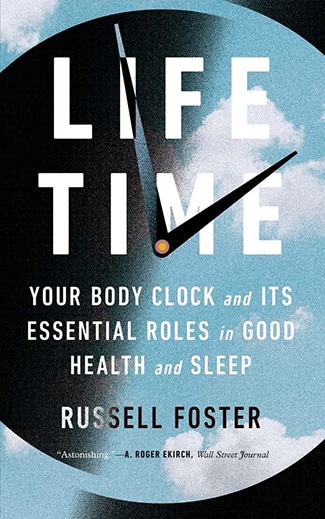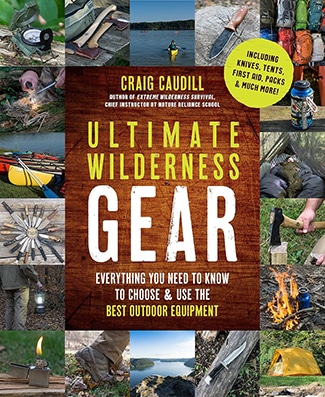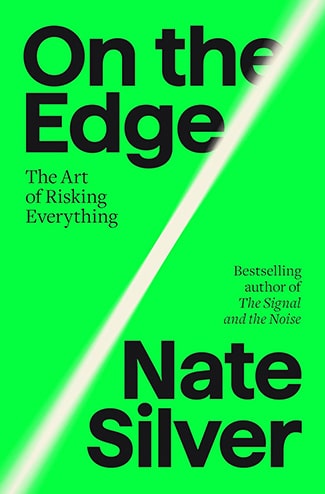Podcast Summary
From Mediocre Starts to Success Stories: Match passion to opportunity, make your own luck, surround yourself with the right people, and understand the difference between wartime and peacetime leadership to turn a mediocre start into a successful story.
Learning from this conversation with Jim VandeHei is that no matter how mediocre your start in life may seem, it's never too late to turn things around and achieve success. Jim, a journalist and co-founder of Politico and Axios, shares his real-world lessons learned throughout his career in his new book, "Just the Good Stuff." He emphasizes the importance of matching passion to opportunity, making your own luck, surrounding yourself with the right people, and understanding the difference between wartime and peacetime leadership. Jim's unique perspective as a journalist before becoming an entrepreneur led him to write this user-friendly guide to life, filled with practical advice and easy-to-digest insights. Despite a rocky start in high school and college, Jim's curiosity, love for asking questions, and ability to connect with people helped him excel as a reporter and eventually, a successful entrepreneur. His story serves as a reminder that even if you've had a less-than-ideal start, you can still make the next big move and navigate difficult situations.
From passion to career: A journey of courage and opportunity: Embrace your passions, be prepared for opportunities, and have the courage to take risks to turn them into a fulfilling career
Discovering a passion and being open to opportunities can lead to success and fulfillment in life. The speaker shares how they stumbled upon their passion for writing and politics, and how they turned it into a career through a combination of courage, luck, and hard work. They emphasize the importance of being prepared for moments of luck and being willing to take risks, even if it means starting from scratch or doing something for free. The speaker's journey illustrates how following one's passions can lead to unexpected opportunities and a rewarding career.
Constructing your own success through hard work and determination: Leverage control over your life by focusing on what you can change and setting goals to unlock new possibilities
Luck is not just about being in the right place at the right time, but also about putting yourself out there and making your own opportunities. This can be seen in the story of someone who was offered a job running a newspaper and learned more in three months than in five years of college. Another example is Tom Brady, who constructed his greatness through his dedication to his body and mind. Both stories illustrate that we have more control over our lives than we may think and that we can construct our own success and greatness through hard work and determination. The speaker's own journey from being a reporter to starting Politico and becoming a CEO is a testament to this mindset. By focusing on what we can control and setting goals for ourselves, we can unlock new possibilities and achieve more than we ever thought possible.
The importance of personal growth and good relationships: Focus on personal growth and surround yourself with positive people to maximize productivity and happiness.
Personal growth and surrounding yourself with good people are key to a successful and fulfilling life. The speaker shares his experience of becoming addicted to self-improvement and emphasizes the importance of being a good fly fisherman, golfer, and staying flexible. He also highlights the negative impact of working with jerks and holes, sharing his regret of keeping competent but unpleasant individuals in his team. He learned the hard way that leadership involves more than just talent and that it's crucial to prioritize good values and positive energy in personal and professional relationships. By focusing on what we're good at and being around people we like, we can design our lives to minimize wasted energy and maximize productivity and happiness.
Hire the right people for your team: Filter out negativity, hire high-achievers, and value honesty and productivity for a strong team.
Building a strong and effective team involves more than just hiring based on skills. It's essential to filter out "jerks" and other negative influences by using a thorough interview process, being clear about expectations, and being willing to let go of problem employees promptly. Additionally, aim to hire individuals who are high-achieving, honest, and life-enhancing, and avoid those who are self-focused, blaming, unproductive, indirect, or overly boastful. Remember, good people make a positive impact on both individuals and teams, and it's worth the effort to find them.
Focus on personal well-being and fill up all the buckets in your happiness matrix: Prioritize self-care and engage in activities that boost happiness in areas of faith, family, work, friendships, hobbies, and health to maintain a positive attitude and better work-life balance
To maintain a positive attitude and avoid bringing work stress home, it's essential to focus on personal well-being and fill up all the buckets in your happiness matrix. This includes faith, family, work, friendships, hobbies, and health. When having a crappy day, consider engaging in activities that help you decompress and refocus, such as working out or watching something light-hearted. While it's important to stay informed, setting hard boundaries and disconnecting from work-related distractions can also contribute to a better work-life balance. Remember, taking care of yourself is crucial for performing better and maintaining a positive attitude.
Recognizing when it's time to quit: It's important to prioritize happiness over societal expectations, even if quitting seems taboo. If a situation is causing more harm than good, consider making a change for the better.
Quitting, despite the stigma attached to it, can be a necessary step towards improving one's quality of life. Whether it's a relationship, a job, or a business, if it's causing more harm than good, it's important to recognize that and make a change. The speaker shares his personal experience of quitting a company he co-founded because of incompatibility with a partner, which led him to create a new company that better aligned with his values. He emphasizes the importance of being true to oneself and prioritizing happiness over societal expectations. It's a hard conversation to have with oneself, but ultimately, the universe may be signaling that it's time to move on. People often worry too much about what others think, but the truth is, they're usually too focused on their own lives to care.
Pursuing excellence for personal growth: Strive for self-measured achievements, focus on progress, and seek support for tough decisions while balancing personal growth with basic needs.
Striving for excellence, rather than success, is a healthier and more fulfilling approach to personal growth. Excellence is a self-measured achievement, allowing individuals to exceed their own expectations and reach their full potential. Having a support system, such as a quitting coach or a close friend, is essential in helping individuals make tough decisions and providing honest feedback. However, balancing the pursuit of excellence with the need to deliver results and earn a living can be challenging. It's essential to remember that we all have basic needs to meet while focusing on our personal growth. A coach from Messiah University emphasized this concept by focusing on each person's excellence rather than aiming for undefeated records. By focusing on our own progress and measuring ourselves against our past selves, we can maintain a healthier perspective and continue to grow.
Striving for excellence leads to personal growth: Seek excellence through hard work, humility, and seizing opportunities. Engage with complex human experiences for valuable insights.
Striving for excellence, rather than just success, can lead to personal growth and fulfillment. Excellence is something that can be seen, felt, and measured, and it doesn't require grand gestures or extraordinary talents. It's about constantly improving and being the best version of yourself in every situation. Another key takeaway is the importance of hard work, humility, and seizing opportunities. As the example of Kathleen Halpin shows, being enthusiastic, volunteering for tasks, and going the extra mile can make a big difference in your career. Even seemingly insignificant tasks can lead to valuable learning experiences and unexpected opportunities. Lastly, engaging with complex and nuanced human experiences, such as playing poker, can provide valuable insights into risk-taking, communication, and understanding people. It's important to remember that, despite the advancements in technology, we are a species of complicated and idiosyncratic individuals, and learning to navigate the intricacies of human behavior is an essential skill.
Navigating change with wartime and peacetime leadership: In times of uncertainty, adopt a wartime leadership mentality for risk-taking and problem-solving. Once stability is established, switch to a peacetime leadership approach for managing success and creating processes.
Effective leadership comes in different forms, depending on the situation. In times of change and uncertainty, a wartime leadership mentality can be beneficial, allowing for risk-taking and creative problem-solving. However, once stability is established, a peacetime leadership approach is necessary to manage success and create processes. The speaker shares personal experiences of sharpening emotional intelligence and learning from various leadership styles, including late-night poker games with politicians and journalists. In today's rapidly changing online content business, the speaker emphasizes the need to adopt a wartime leadership mindset to navigate the impact of artificial intelligence on their industry.
Leveraging AI for growth and reorientation: Embrace AI as a tool for enhancing human expertise and nuanced understanding, rather than a threat. Channel past wrongs into self-improvement and focus on deep mastery of one's subject for true excellence.
While the advancement of AI may bring challenges and complexity to industries, including media, it also presents opportunities for growth and reorientation. Rather than viewing machines as threats, it's essential to find ways to leverage them to enhance human expertise and nuanced understanding. Additionally, having a little healthy revenge, channeling energy from past wrongs into bettering oneself or one's company, can be an animating force, as long as it remains within healthy parameters. Another valuable lesson comes from the quiet greatness of mentor David Rogers, who taught that true excellence requires deep mastery of one's subject. By focusing on these principles, individuals and businesses can navigate the evolving landscape of AI and thrive.
The Impact of a Great Mentor: A great mentor's guidance and support can lead to mastering a craft and becoming a better version of oneself. They are invaluable and worth the investment.
Having a great mentor can significantly impact one's personal and professional growth. The mentor may be tough and critical, but their guidance and support can lead to mastering a craft and becoming a better version of oneself. Jim Vande Hei, the author of "Just the Good Stuff," shared his experience of having such a mentor who taught him the importance of hard work and perseverance. Vande Hei emphasized that mentors are invaluable and worth their weight in gold. To learn more about Vande Hei and his work, check out his book on Amazon and visit Axios.com, where he writes about various topics including politics, business, AI, and media. Remember, the best advice is to find a great mentor and put in the hard work to learn from them.

